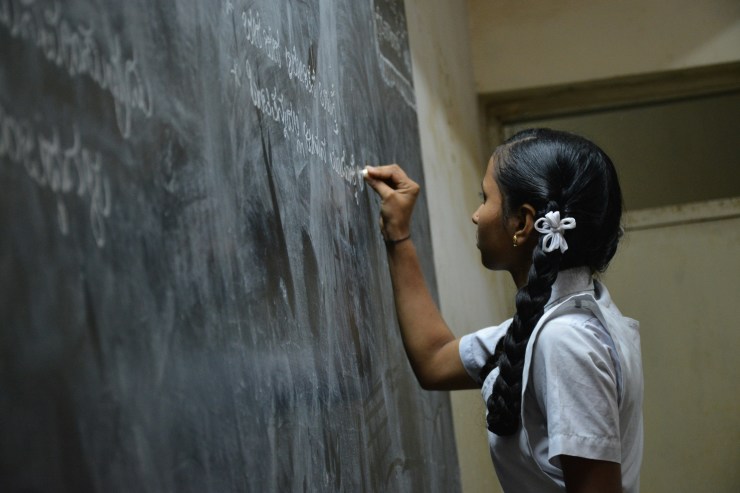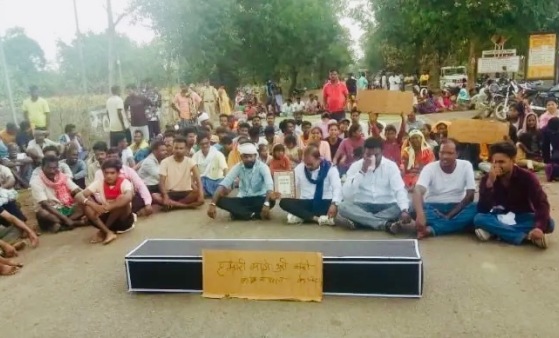
The Catholic Bishops' Conference of India (CBCI), the apex decision-making body representing the Catholic community in the country, has issued a set of guidelines for educational institutions under its jurisdiction. These guidelines aim to address the "emerging challenges due to the current socio-cultural, religious, and political situation" in the country.
Under the CBCI's aegis are approximately 14,000 schools, 650 colleges, seven universities, five medical colleges, and 450 technical and vocational institutions. The 13-page guideline and instruction document was issued by the CBCI's Office for Education and Culture on Monday, following the 36th General Body Meeting of the CBCI in January in Bengaluru, Karnataka.
The guidelines come against the backdrop of recent attacks and protests against principals and staff of educational institutions run by the Christian community. In February, a group of Bajrang Dal activists staged a protest after a teacher at a private Christian missionary-run school in Tripura allegedly prohibited a student from wearing a wristband adorned with a Hindu symbol and confiscated it. The same month, a radical Hindu group in Assam gave Christian schools in the state a 15-day ultimatum to remove all Christian symbols and religious habits worn by priests, nuns, and brothers on their campuses.
The CBCI guidelines emphasise strengthening security measures in educational institutes, such as implementing physical security measures to control access to school buildings and grounds, locked doors, entryway security systems, visitor check-in procedures and surveillance cameras.
Father Maria Charles SDB, the national secretary of CBCI, stated in the media, "Given the political and social situation which is emerging these days, I think we need to be more sensitive as Catholic schools. It is also a reminder to the principals to be more sensitive, because the majority of our students and teachers are always from other faiths. All the more reason why we also need to be more sensitive. We have been teaching students the Preamble for many years, not just now. For many years, we have believed that all our students need to know the Preamble and be aware of the constitutional values."
The guidelines suggest that students recite the Preamble to the Constitution during the daily morning Assembly and display the Preamble at the entrance to the main school building. They also recommend promoting religious and cultural sensitivity and respect for diversity among students and staff members, providing training on inclusive practices, and setting up an "inter-religious prayer room" on school premises.
Additionally, the guidelines advise schools to display photographs of prominent Indian freedom fighters, scientists, poets, national leaders, and others in the school lobby, library, and corridors.
Veteran Human Rights Activist and Christian leader John Dayal expressed concerns about the decision, stating that while it seemed pragmatic, it could also be construed as yielding to aggressive coercion from RSS-backed groups. He questioned whether Christians should accept that Article 30, which guarantees minorities the right to establish and administer their own educational institutions without discrimination, is no longer valid.
"Should we give up on education and social action as a way of witnessing Christ in India and should we accept that India is no longer a secular country?" Dayal said, adding that reciting the Preamble of the constitution is a great idea that government and Hindu schools should also follow instead of religious morning assemblies.




